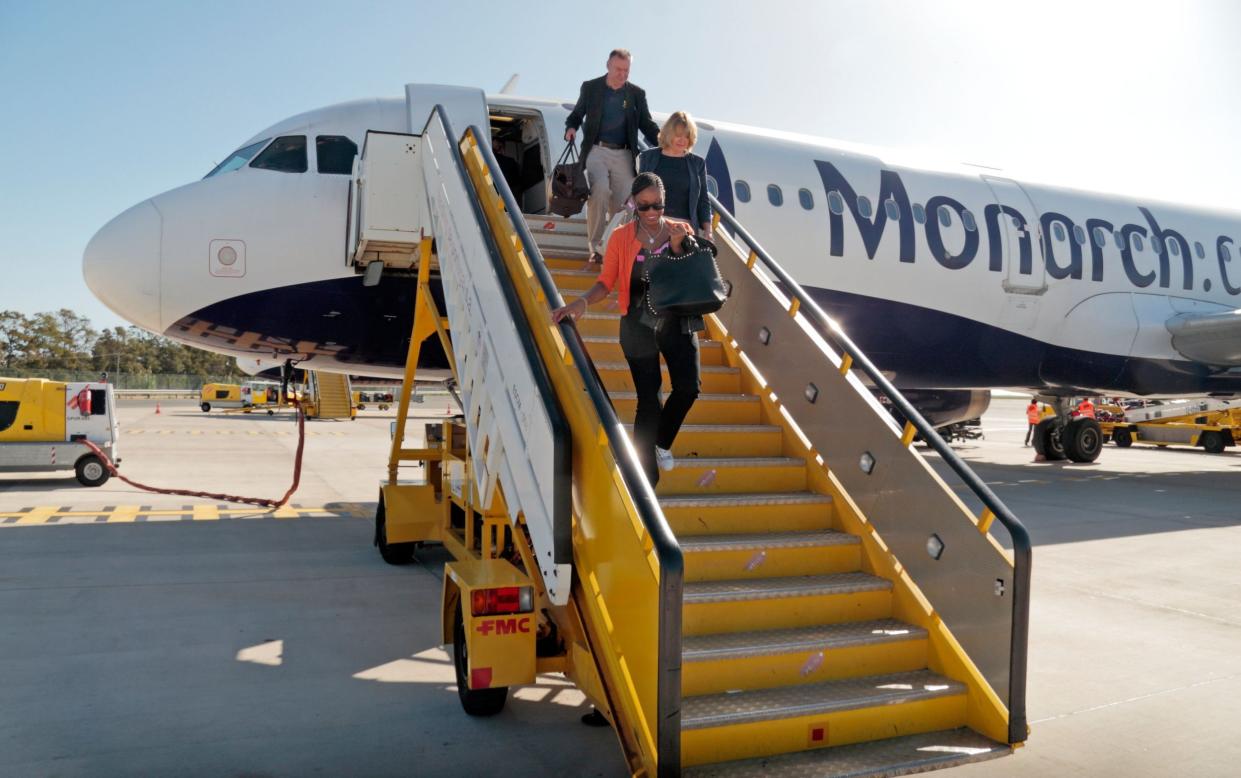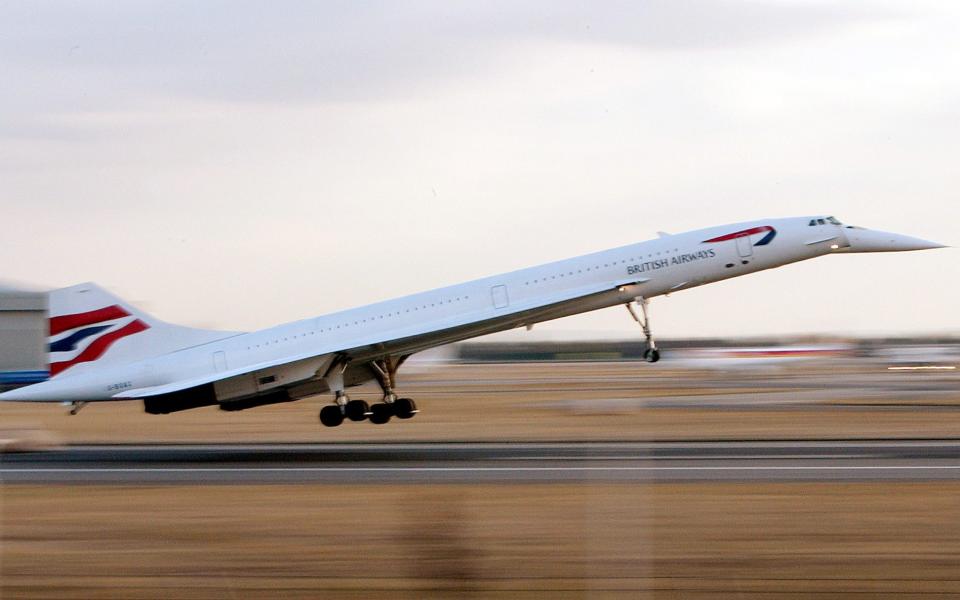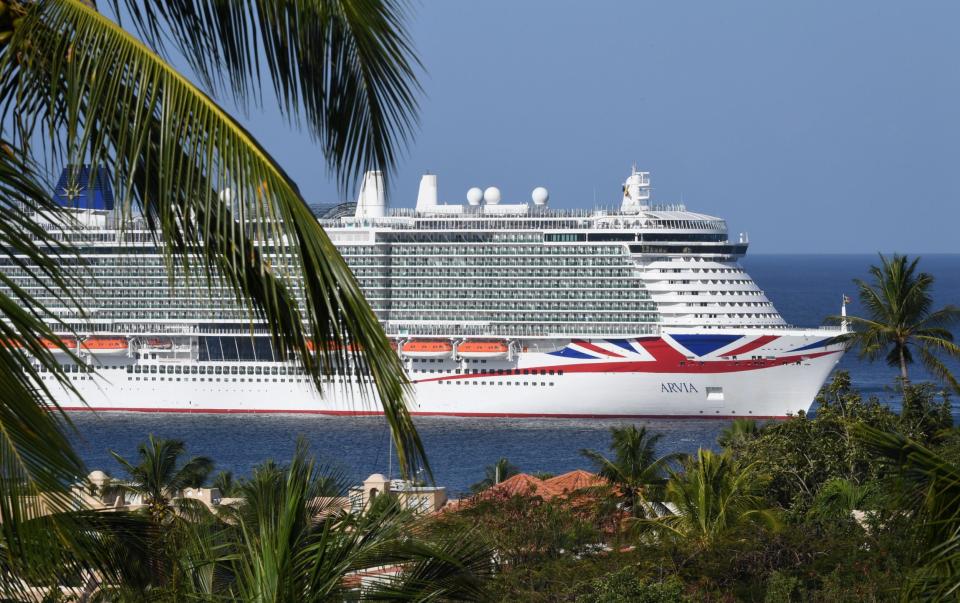The sad demise of the great British travel company

It appears the old Monarch brand is being revived. Few details have been announced, but the new owners say they are planning an initial launch of an online tour operator under the name Monarch Holidays in late 2023. Monarch Airlines will fly again “shortly thereafter”, once certification is completed.
In some ways it seems an odd idea. After all, Monarch is hardly an untainted brand – it failed spectacularly in October 2017, leaving 110,000 passengers stranded and sparking what was then the biggest and most expensive repatriation exercise in peacetime. It left many holidays in ruins and thousands of passengers out of pocket.
But, presumably, the new owners are banking on a deeper affection for, or at least recognition of, the old Monarch name. And so give it a head start in the highly-competitive market of low-cost flights and package holidays.
And it’s true that the company did have a long pedigree in the UK holiday market. In fact, in the Seventies, my first ever flight was with Monarch. Founded in 1967 as a charter airline and with scheduled services added in the Eighties, at its peak it was carrying seven million passengers from London and regional airports down to the Med.
Let’s hope the new iteration of Monarch is a success. Although for most of its life it was part of the Swiss-owned Globus group, it was British-run and very much perceived as a British brand.

And while some of the backing for the venture will be from foreign companies, I’m assured that the new Monarch will be a British company and the majority shareholders are British.
Generally speaking, history has not been kind to the great names in British travel. Given that we pretty much invented the concept of tourism and remain among the most enthusiastic and pioneering travellers on earth, our golden touch seems to have dulled when it comes to the commercial side of things.
The great railway boom began in Britain. Thomas Cook, a baptist missionary from Derbyshire, founded the company that ran the world’s first escorted tour in 1841, the first overseas package holiday (1855) and first round-the-world cruise (1872).
The great shipping lines which served the colonies and powered across the Atlantic, such as P&O, Cunard and White Star Line, were mainly British start-ups.
The world’s first scheduled air service, from London to Paris, was launched by the British company, Aircraft Transport and Travel, and BOAC initiated the first commercial passenger jet service in 1953, at the time the first transatlantic jets in 1958.
Both were forerunners of British Airways, which of course, launched the first supersonic jets in the Seventies. The whole concept of cheap package holidays in the sun was launched here in the Sixties.
But Thomas Cook collapsed in 2019, just two years after Monarch. While the brand has been revived, it is now owned by China’s Fosun Tourism Group and the company’s offering bears little relationship to that of its pioneering forefathers.

Meanwhile, Cunard and P&O Cruises were eventually bought by the huge American company Carnival, though they do cling to their British legacy, with Carnival having a joint listing in London and New York and Carnival UK based in Southampton.
P&O Ferries is now a separate company owned by DP World, based in Dubai. In fact, though we are an island nation, there are now no British-owned ferry companies operating from here to Europe or across the Irish Sea.
Even our flag carrier, British Airways, itself a merger of the old BEA and BOAC brands, is now part of IAG, an Anglo-Spanish multinational holding company whose registered office is in Madrid (though the corporate headquarters are still in London).
In terms of passenger numbers, it is no longer the largest airline in the UK – EasyJet claimed that badge of honour in 2010, and Irish-owned Ryanair looks likely to soon wrest the title for itself.
Of course, international travel is, by definition, international. British travel companies largely have to compete on the biggest of all stages. But with such a great heritage, and such a strong customer base, they really ought to have a built-in advantage.


